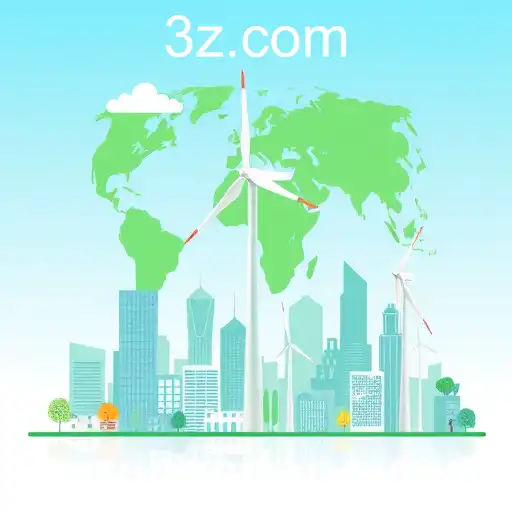
Exploring the pivotal advances in sustainable technology and its impact on society in 2025.
As we navigate through 2025, the focus on sustainable technology has never been stronger. Global governments, businesses, and consumers are increasingly aware of the urgent need to address climate change, and technology plays a crucial role in this endeavor. From the development of renewable energy sources to the implementation of smarter city infrastructure, the quest for a sustainable future is shaping industries worldwide.
Renewable energy continues to be at the forefront of sustainable innovation. Solar and wind power technologies have seen significant advancements, resulting in increased efficiency and reduced costs. According to industry reports, solar panel efficiency has improved by 30% over the last five years, making it a more viable option for both consumers and businesses. Wind turbines have also become more effective, with new designs that maximize energy capture even in lower wind conditions.
In addition to energy, sustainable technology is revolutionizing urban environments. The concept of smart cities has evolved, integrating Internet of Things (IoT) devices to enhance energy efficiency, transportation, waste management, and more. Cities like Amsterdam, Singapore, and Stockholm are leading the way, utilizing smart grids, autonomous vehicles, and intelligent lighting systems to reduce their carbon footprints.
Moreover, sustainable technology is fostering innovative climate solutions. Tech startups are exploring new frontiers, from carbon capture and storage technologies to AI-driven environmental management systems. These innovations not only aim to reduce emissions but also enhance resilience against climate-related impacts.
The rise of sustainable technology in 2025 represents a significant shift in how societies interact with the planet. As these technologies become more accessible and widely implemented, they hold the promise of creating a more sustainable and equitable world for future generations.




